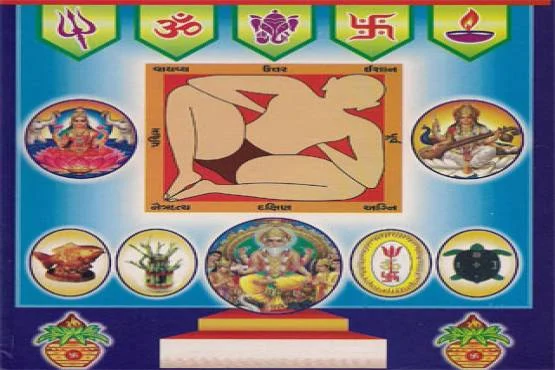Vastu Homam
₹5,516.00
Vastu Homam
Vastu Homam also Vastu Veda, ( "science of construction", "architecture") is a traditional Hindu system of design based on directional alignments. It is primarily applied in Hindu architecture, especially for Hindu temples, although it covers other applications, including poetry, dance, sculpture, etc. The foundation of Vastu is traditionally ascribed to the mythical sage Mamuni Mayan.
The Vastu Purusha Mandala is an indispensable part of vastu shastra and constitutes the mathematical and diagrammatic basis for generating design. It is the metaphysical plan of a building that incorporates the course of the heavenly bodies and supernatural forces. Purusha refers to energy, power, soul or cosmic man. Mandala is the generic name for any plan or chart which symbolically represents the cosmos.
In Hindu cosmology the surface of the earth is represented as a square, the most fundamental of all Hindu forms. The earth is represented as four-cornered in reference to the horizon's relationship with sunrise and sunset, the North and South direction. It is called Chaturbhuji (four cornered) and represented in the form of the Prithvi Mandala. The astrological charts or horoscopes also represent in a square plan the positions of the sun, moon, planets and zodiac constellations with reference to a specific person's place and time of birth.
The legend of the Vastu Purusha is related thus. Once a formless being blocked the heaven from the earth and Brahma with many other gods trapped him to the ground. This incident is depicted graphically in the Vastu Purusha Mandala with portions allocated hierarchically to each deity based on their contributions and positions. Brahma occupied the central portion - the Brahmasthana- and other gods were distributed around in a concentric pattern. There are 45 gods in all including 32 outer deities.
The preciding gods of each direction
- East- Indra- Ruled by the solar deity- Aditya (Seeing the world)
- Southeast- Agni- Ruled by the fire deity - Agni (Energy Generating).
- South- Yama- Ruled by lord of death - Yama (Damaging).
- Southwest- Pitru/Nairutya, Niruthi- Ruled by ancestors (History).
- West- Varuna- Ruled by lord of water (Physical).
- Northwest- Vayu- ruled by the god of winds (Advertisement).
- North- Kubera- Ruled by lord of wealth (Finance).
- Center- Brahma- Ruled by the creator of the universe (Desire).
The Vastu Purusha is the presiding deity of any site. Usually he is depicted as lying on it with the head in the northeast and legs in the southwest but he keeps changing position throughout the year.
Description
Vastu Homam
Vastu Homam also Vastu Veda, ( “science of construction”, “architecture”) is a traditional Hindu system of design based on directional alignments. It is primarily applied in Hindu architecture, especially for Hindu temples, although it covers other applications, including poetry, dance, sculpture, etc. The foundation of Vastu is traditionally ascribed to the mythical sage Mamuni Mayan.
The Vastu Purusha Mandala is an indispensable part of vastu shastra and constitutes the mathematical and diagrammatic basis for generating design. It is the metaphysical plan of a building that incorporates the course of the heavenly bodies and supernatural forces. Purusha refers to energy, power, soul or cosmic man. Mandala is the generic name for any plan or chart which symbolically represents the cosmos.




Reviews
There are no reviews yet.